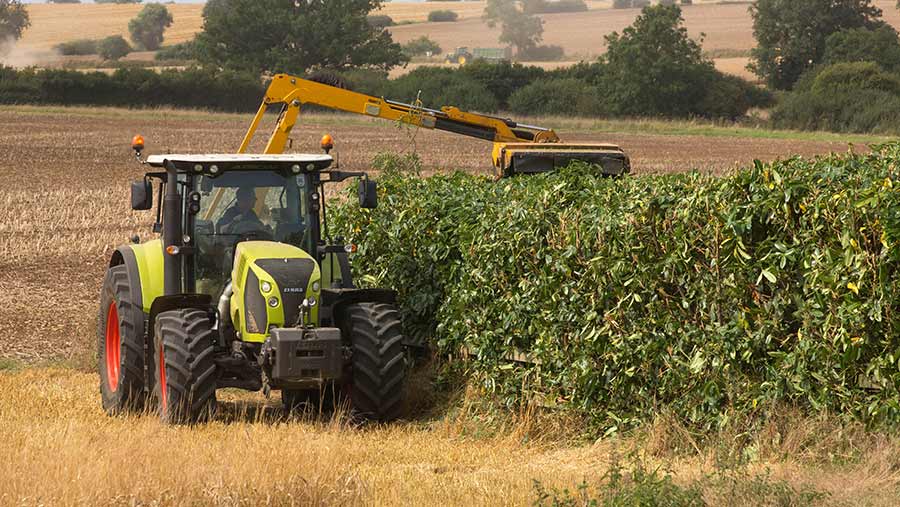Government watchdog casts doubt on ELM scheme delivery
 © Tim Scrivener
© Tim Scrivener A government watchdog has criticised the rapid introduction of Defra’s Sustainable Farming Incentive (SFI) scheme and raised concerns over a lack of farmer interest in the pilot.
In March, Defra invited farmers to participate in the SFI pilot, which will begin in October 2021.
The tested scheme is then scheduled for introduction in 2022. But a National Audit Office (NAO) report said interest in the scheme among farmers had been low.
Defra had assumed it would receive up to 10,000 expressions of interest, giving it a wide range of farm types to select 1,000 appropriate participants, the report suggested.
See also: What’s on offer for farmers as the SFI takes shape
But just 5% (2,178) of 44,000 eligible farmers applied to take part, it said.
While Defra insisted this was a “healthy pipeline” to test the scheme, the NAO said no analysis had been provided to affirm the range of farm types was adequate.
It also suggested the lack of participation signaled a lack of trust in Defra’s farming policy and that might threaten the success of the Environmental Land Management (ELM) programme.
Past mismanagement
Defra lost farmers’ trust as a result of difficulties with its management of past agricultural subsidy schemes.
Despite adapting its engagement plans, Defra has not yet regained enough trust from farmers to be confident in achieving a high level of participation in ELM, the report said.
Delays in informing farmers which actions they will be paid for in the SFI pilot and SFI 2022, and how much they will be paid, have made matters worse, it added.
The NAO also raised concerns about the rapid introduction of the SFI, which was a significant change to the original ELM programme.
Defra had not intended to put such a scheme in place until 2024.
But it decided late last year to introduce the SFI in 2022 to give farmers an earlier opportunity to recoup lost income from Basic Payment Scheme cuts.
The watchdog’s report suggested that may have been too hasty.
Core elements of the environmental grant schemes for farmers are not yet in place, increasing the risk to the initial roll out planned for 2022, the report stated.
Reputational damage
Failure to launch SFI 2022 successfully would cause Defra reputational damage and reduce long-term participation in the ELM programme, the NAO warned.
It added that Defra had acknowledged some delivery risks remained, particularly around staff resources.
Defra had also reduced some of the scope of the SFI, focusing largely on soil management, whereas the initial plan included integrated pest management, nutrient management and livestock management, the report said.
Head of the NAO Gareth Davies said: “The success of the ELM scheme depends on securing participation from farmers.
“Defra has not yet set detailed objectives for the scheme and has been slow to provide information on what farmers can expect from it.”
Responding to the NAO’s claims, Defra secretary George Eustice said: “Our future agricultural policy will move away from the arbitrary land subsidies and top-down bureaucracy that epitomised the EU era.
“We will incentivise sustainable farming practices and reward farmers for the environmental assets on their land.”
He added that “the NAO recognises that we have made good progress, but we will be addressing some areas where there have been misunderstandings in our full response to the report.”
